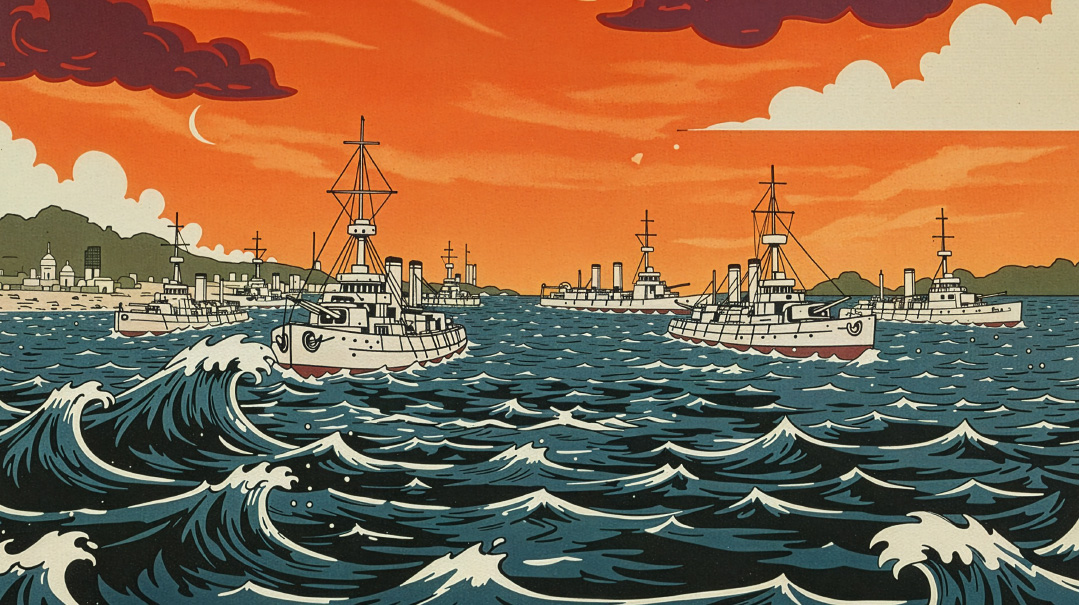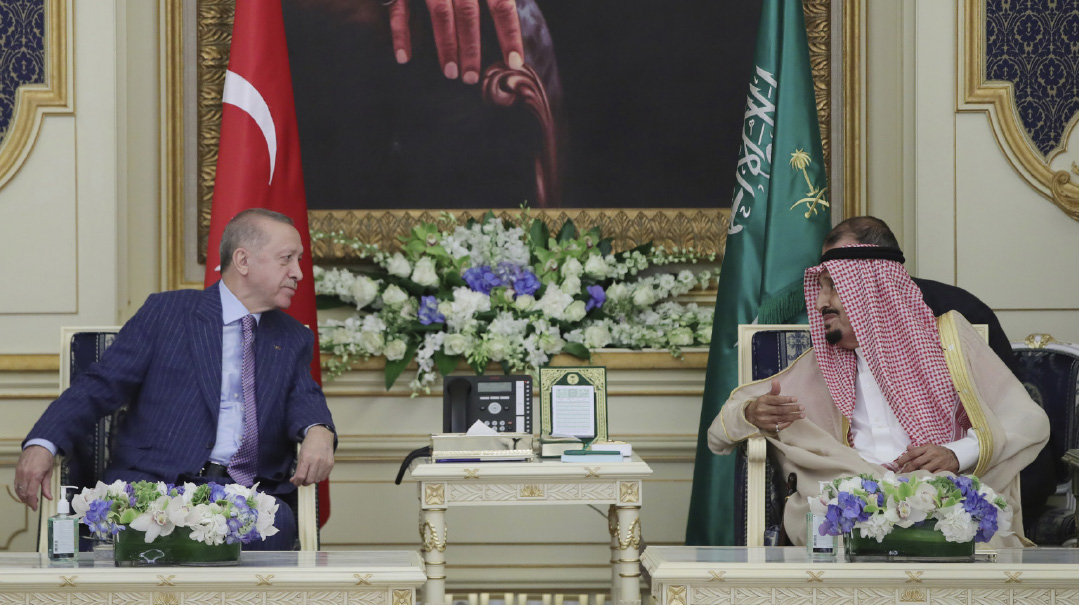Is the IDF Ready for the Next War?

“As far as international opinion goes, it’s totally different from 2006. Many Arabs would be more than happy if Israel were to destroy Hezbollah”

T
he Syrian civil war winds down with victory for the Iran-Hezbollah axis, and rockets are once again being fired from Gaza under Iranian tutelage. Now the Iranian regime faces domestic unrest, which injects an additional factor of instability. There is an ominous sense that Israel could find itself at war. But is the IDF ready?
That sobering question was addressed at a conference last week hosted by the new Jerusalem Institute for Strategic Studies, with the help of leading Israeli military and security experts. Following up with some of the speakers, a mixed picture emerged. Israel faces new threats, but also potentially game-changing opportunities.
The Threats
Iran’s Playbook
The Iranian strategy for defeating Israel is readily available — if you read Farsi. According to Mr. Uzi Rubin, a former head of Israel’s missile development agency, Iranian leader Ayatollah Khamenei knows that his forces are not strong enough to win a conventional war against the IDF. But as Khamenei writes, they have an alternative. If they can make life in Israel unbearable enough, three-quarters of Israel’s eight million Jews will return to Europe, the US, and Russia. The “Zionist entity” will then become a failed state, and the remaining two million Jews will become second-class citizens in a Palestinian state. Put simply, rockets and terror will achieve what soldiers and planes failed to do.
Even as Hezbollah becomes more sophisticated and battle-tested, they won’t abandon this strategy. As Rubin told Mishpacha, “Hezbollah is very proud of the special form of warfare that they invented and they don’t want to change. So this is the enemy we will face.”
Gardening in Gaza
If Iranian strategy is based on weakness, it is especially effective in Gaza. That’s because Israel faces a dilemma. On the one hand, a bellicose Hamas is in charge of the Strip; on the other, there is no realistic alternative to it. So Israeli strategy in the last decade has been reduced to regular “grass-mowing” operations to destroy Hamas military potential. But in the meantime, as former deputy chief of staff Gen. Yair Golan told the conference, Israel holds an advantage. The continued split between Fatah and Hamas weakens the Palestinian position.
The Game-Changers
Long Wars
Since its inception, IDF doctrine has been to fight short wars — to deliver crippling blows to the enemy within a few days. Failing that, the prolonged call-up of reserves would itself destroy Israel’s economy. But according to former national security advisor General (res.) Yaakov Amidror, there’s been an unacknowledged revolution: Israel for the first time has more strategic depth than its enemies. It has the resources of a state and they, for all their sophistication, remain terror organizations. The result? If Israel can reduce the rain of missiles to an acceptable level, it can afford to fight wars to the finish. No more Hamas or Hezbollah.
World Opinion
The fury of the world’s political and media elites has been a potent weapon in the Hamas-Hezbollah arsenal over the last decade. And yet as Gen. Amidror told Mishpacha in a follow-up conversation, that has changed. “As far as international opinion goes, it’s totally different from 2006. Many Arabs would be more than happy if Israel were to destroy Hezbollah, even at the price of Lebanon. That, plus a US president who has no love for Iran — even the EU understands this more.”
(Excerpted from Mishpacha, Issue 692)
Oops! We could not locate your form.













